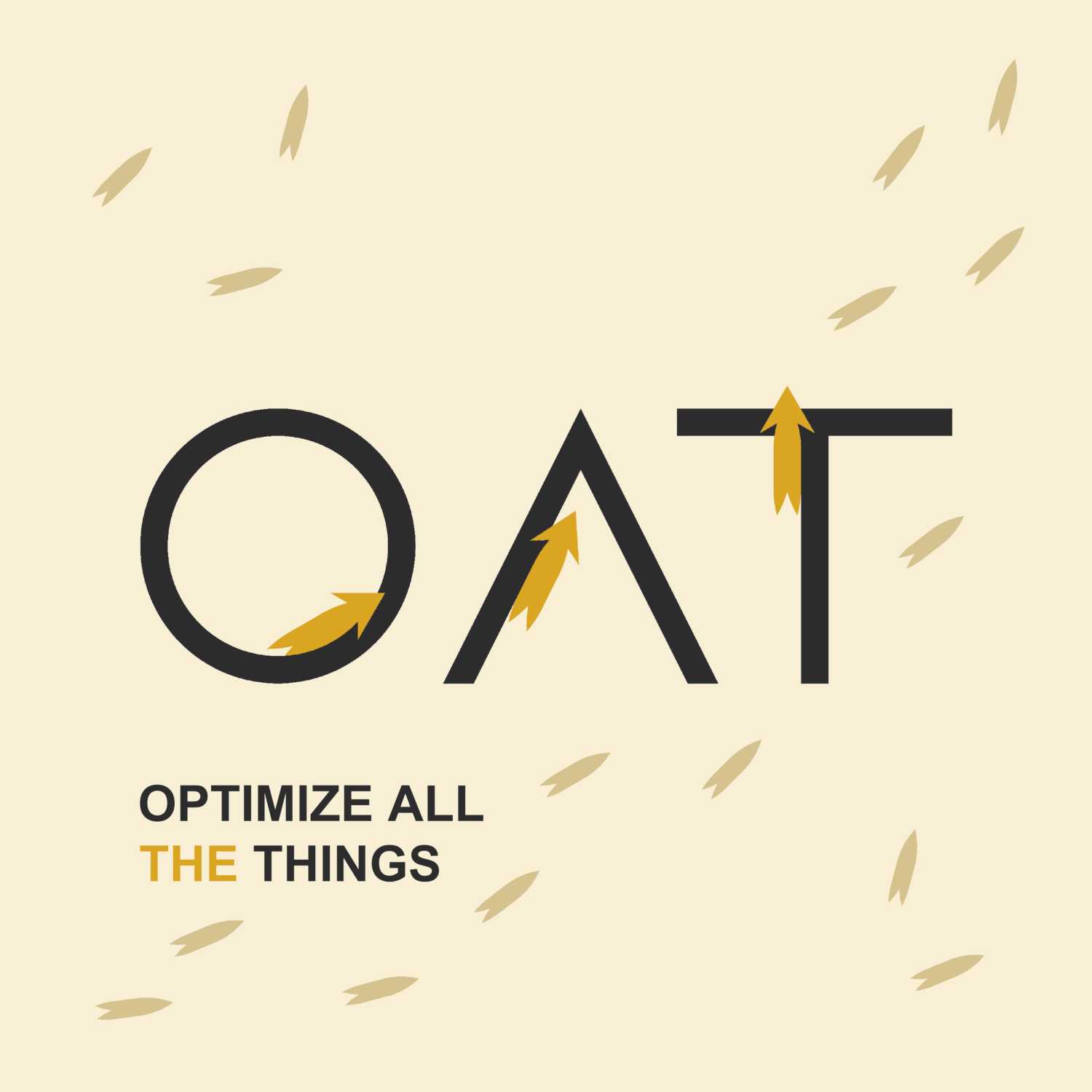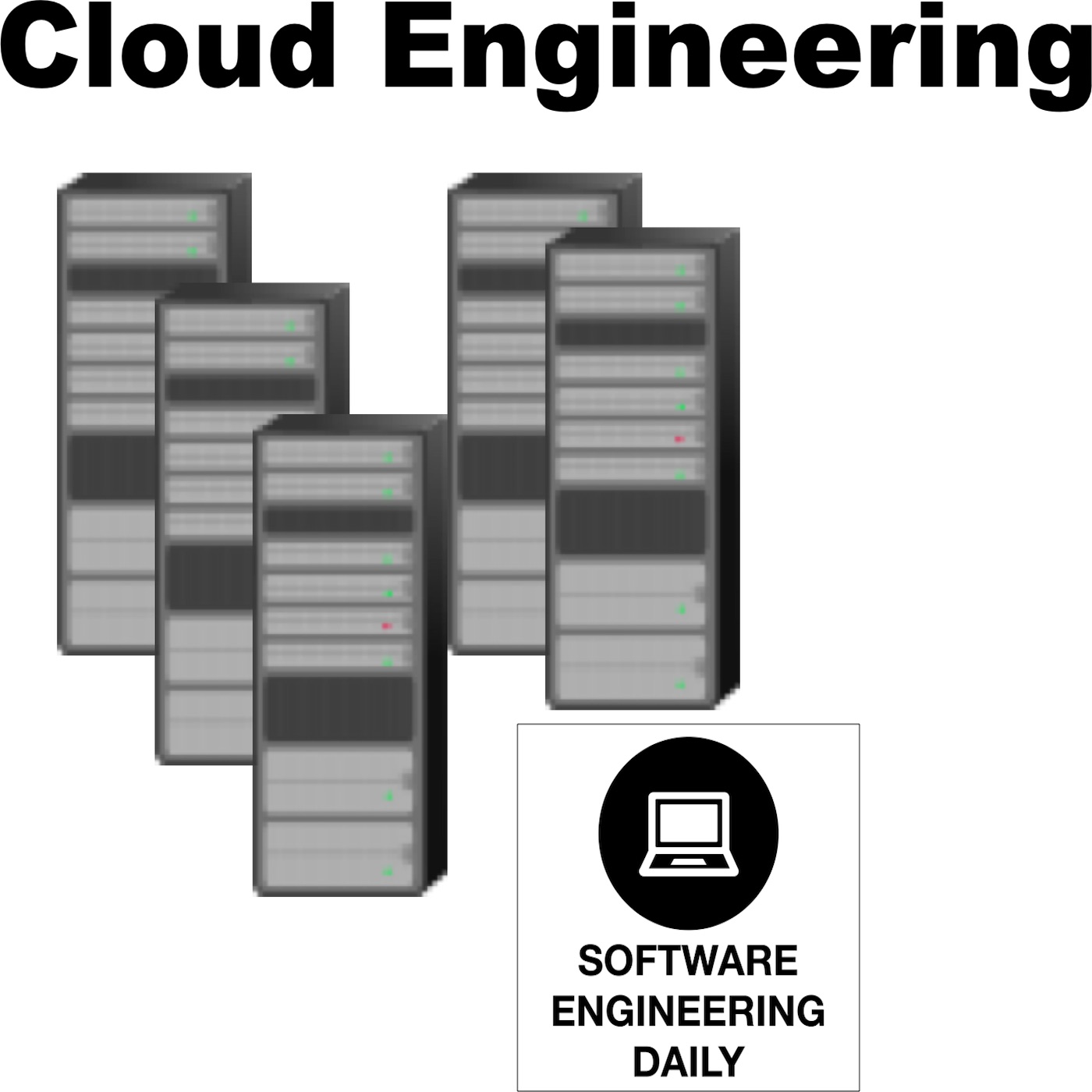Shows

Grafana's Big TentKubernetes, Kepler, and Carbon Footprints: The Latest Tools and Strategies to Optimize ObservabilityHosted by Tom Wilkie, this week's episode features Thomas Dullien, former Co-Founder and CEO of Optimyze; Bryan Boreham, Grafana Labs' distinguished engineer; and Senior Software Engineer at Grafana Labs and member of the CNCF Environmental Sustainability TAG Niki Manoledaki. Together, they delve into the complex world of cloud resource management and sustainability and explore the intricate challenges of optimizing Kubernetes clusters, from understanding allocation versus utilization to developing strategies that reduce waste and carbon footprint.
2024-12-061h 06
The Platform PlaybookCloud Native Insights Kubecon Europe 2024 Prometheus - Past, Present and FutureIn this episode of our Cloud Native Insights series, we bring you an in-depth update on Prometheus, the leading open-source monitoring and alerting system. Originally presented at KubeCon by Bryan Boreham from Grafana Labs and Simon Pasquier from Red Hat, this briefing sheds light on Prometheus's impressive growth, cutting-edge developments, and exciting plans for the future.
Discover the latest features like native histograms and enhanced OpenTelemetry integration, along with a sneak peek into the ambitious roadmap for Prometheus 3.0, expected to redefine user experience and capabilities. The speakers also highlight the vital role of the community, encouraging contributions...
2024-11-2117 min
Go Time: Golang, Software EngineeringFoundations of Go performanceIn the first of a multi-part series, Ian & Johnny are joined by Miriah Peterson & Bryan Boreham to peel back the first layer of the things that matter when it comes to the performance of your Go programs.
Join the discussionChangelog++ members support our work, get closer to the metal, and make the ads disappear. Join today!Sponsors:Fly.io – The home of Changelog.com — Deploy your apps and databases close to your users. In minutes you can run your Ruby, Go, Node, Deno, Python, or Elixir app (and databases!) all over...
2024-02-201h 00
Changelog Master FeedFoundations of Go performance (Go Time #304)In the first of a multi-part series, Ian & Johnny are joined by Miriah Peterson & Bryan Boreham to peel back the first layer of the things that matter when it comes to the performance of your Go programs.
Leave us a comment
Changelog++ members support our work, get closer to the metal, and make the ads disappear. Join today!
Sponsors:
Fly.io – The home of Changelog.com — Deploy your apps and databases close to your users. In minutes you can run your Ruby, Go, Node, Deno, Python, or Elixir app (and databases!) all o...
2024-02-201h 00
Changelog Master FeedSo do we like Generics or not? (Go Time #286)So, do we like generics or not? Some people feared they’d be the end of the language. Others were very hopeful, and had clear use cases, and were thrilled about the feature coming to the language. It was also often touted as the reason a lot of people didn’t adopt Go. So what do we think now? Mat and Kris are joined by Roger Peppe and Bryan Boreham to discuss the state of Generics in Go.
Leave us a comment
Changelog++ members save 1 minute on this episode because they made the ads disappear. Join...
2023-07-251h 28
Go Time: Golang, Software EngineeringSo do we like Generics or not?So, do we like generics or not? Some people feared they’d be the end of the language. Others were very hopeful, and had clear use cases, and were thrilled about the feature coming to the language. It was also often touted as the reason a lot of people didn’t adopt Go. So what do we think now? Mat and Kris are joined by Roger Peppe and Bryan Boreham to discuss the state of Generics in Go.
Join the discussionChangelog++ members save 1 minute on this episode because they made the ads disappear. Join toda...
2023-07-251h 28
Optimize All The ThingsOptimizing Prometheus Efficiency with Bryan BorehamHave you ever wondered how people find performance bottlenecks and improve them in complex systems? What tools and techniques work in real life applications? When should you stop optimizing? Well, this is the episode for you. Our first ever guest, Bryan Boreham from Grafana Labs, sits down with us and walks us over his experience of optimizing the popular open-source project Prometheus. Before the super insightful discussion on this topic, we cover the tech news from the week that got our attention. Show notes:Bryan Boreham - follow at @bborehamPrometheus - https://github.com...
2023-04-021h 18
Go Time: Golang, Software EngineeringDon't forget about memory managementBryan Boreham (Grafana Labs) and Jordan Lewis (Cockroach Labs) join Mat and Jon to talk about memory management in Go. We learn about the heap, the stack, and the garbage collector. There are also some absolute gems of wisdom scattered throughout this episode, don’t miss it.
Join the discussionChangelog++ members save 3 minutes on this episode because they made the ads disappear. Join today!Sponsors:Sourcegraph – Sourcegraph is universal code search for every developer and team. Easily search across all the code that matters to you and your organization: find exam...
2021-08-2658 min
Cloud Engineering Archives - Software Engineering DailyPrometheus Scalability with Bryan Boreham
Prometheus is an open source monitoring system and time series database. Prometheus includes a multi-dimensional data model, a query language called PromQL, and a pull model for gathering metrics from your different services. Prometheus is widely used by large distributed systems deployments such as Kubernetes and Cloud Foundry.
Prometheus gathers metrics from your services by periodically scraping those services. Those metrics get gathered, compressed, and stored onto disk for querying. But Prometheus is designed to store all of its records on one host in one set of files–which limits the scalability and availability of th...
2019-01-2145 min